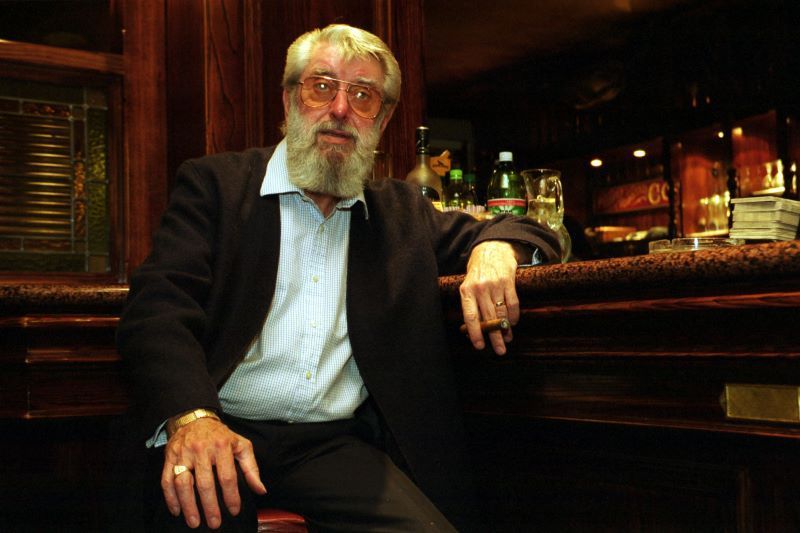What happens when you die? A fascinating new insight was given in a new study highlighted in the Irish Times called “Capturing the Invisible: Exploring Deathbed Experiences in Irish Palliative Care,” by researchers Una MacConville and Regina McQuilla.
The results were described as ‘startling’ Death bed experiences or DBE’s are very common and are often very similar the researchers report.
One nurse who responded to the study summarized it by saying “I have often heard patients refer to seeing someone in their room or at the end of their bed, often relatives, and also it is not a distressing event for them. Family are usually shocked by hearing it and want to know the significance of it.”
The survey found that in case after case the dying person spoke of “seeing deceased relatives or religious figures, or of experiencing a radiant white light in the room.”
31 per cent of caregivers mentioned another phenomenon just before death -- the person emerging from a coma and communicating with family and friends.
“In one incident the patient, who had been in a coma, opened his eyes and smiled at his three daughters and wife. Profound calmness and peace filled the room. It was special to be part of that experience,” said one caregiver In another incident the patient said he saw a light, a bright light; he died shortly afterwards.”
In several cases , the dying person had vivid dreams that helped them resolve unfinished business in their lives.
Others report a “sudden and unexplained smell of roses, “or claim to see angels appearing in their room.
Researcher MacConville says that deathbed phenomena can be frightening for families: “Family members may become distressed because they realise that death is imminent, and the dying person may be disturbed by the visions because they don’t understand them.”
One anonymous palliative care nurse stated that such visions “do not often have a rational explanation”. Nonetheless, “I don’t believe people’s experiences can be discounted or disputed. It is individual, intense and real for many patients and families.”
Being able to put a name to these experiences, and to talk about them openly, is key.
The Times notes that Una MacConville would like to hear from healthcare professionals and members of the public about such experiences as this research is continuing. E-mail her at [email protected]




Comments